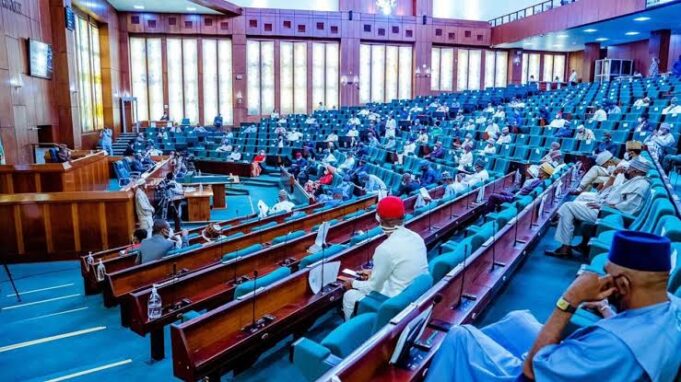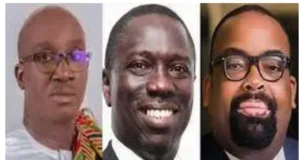A bill aimed at restoring Nigeria’s parliamentary system of government has passed its second reading in the House of Representatives.
The proposed legislation, sponsored by House Minority Leader Kingsley Chinda and 59 other lawmakers, seeks to restructure the country’s governance framework by introducing the office of a Prime Minister as the Head of Government and a President as the ceremonial Head of State.
During Thursday’s plenary session, presided over by Deputy Speaker Benjamin Okezie Kalu, the bill was among 31 constitutional amendment proposals that successfully scaled second reading.
If enacted, executive powers will shift from a directly elected President to a Prime Minister chosen by the legislature, echoing Nigeria’s First Republic governance structure.
The bill, formally titled “A Bill for an Act to Alter the Provisions of the Constitution of the Federal Republic of Nigeria, 1999, to Provide for the Office of the Prime Minister as Head of Government and the Office of President as Head of State and to Provide for a Framework for the Mode of Election to the Said Offices and for Related Matters (HB.1115),” is part of a broader push by lawmakers to amend the 1999 Constitution.
On February 14, 2024, 60 legislators introduced three bills proposing a shift from the presidential to the parliamentary system by 2031. These bills—HB.1115, HB.1116, and HB.1117—outline constitutional alterations necessary for the transition.
Speaking on behalf of the sponsors, Abdussamad Dasuki emphasized the urgent need for reform, pointing out flaws in the current system.
“Over the years, the imperfections of the presidential system of government have become glaring to all, despite several alterations to the constitution to address the shortcomings of a system that has denied the nation the opportunity of attaining its full potential.
“Among these imperfections are the high cost of governance, leaving fewer resources for crucial areas like infrastructure, education and healthcare, and consequently hindering the nation’s development progress, and the excessive powers vested in the members of the executive, who are appointees and not directly accountable to the people.”
Highlighting Nigeria’s historical experience with parliamentary governance, Dasuki recalled the First Republic, when executive and legislative powers were concentrated in parliament.
“That (parliamentary) was the governance system of the First Republic, a period when legislative and executive powers were exercised by the representatives of the people in parliament and in the executive, and by the nature of the system, these representatives were accountable to the people. For six years while it was in operation, the system worked for the country,” he said.
Supporters of the bill argue that restoring the parliamentary system will foster greater accountability, efficiency, and cost-effectiveness in governance.
They believe the shift will lead to a more responsible and responsive government while reducing financial burdens on the nation.

















